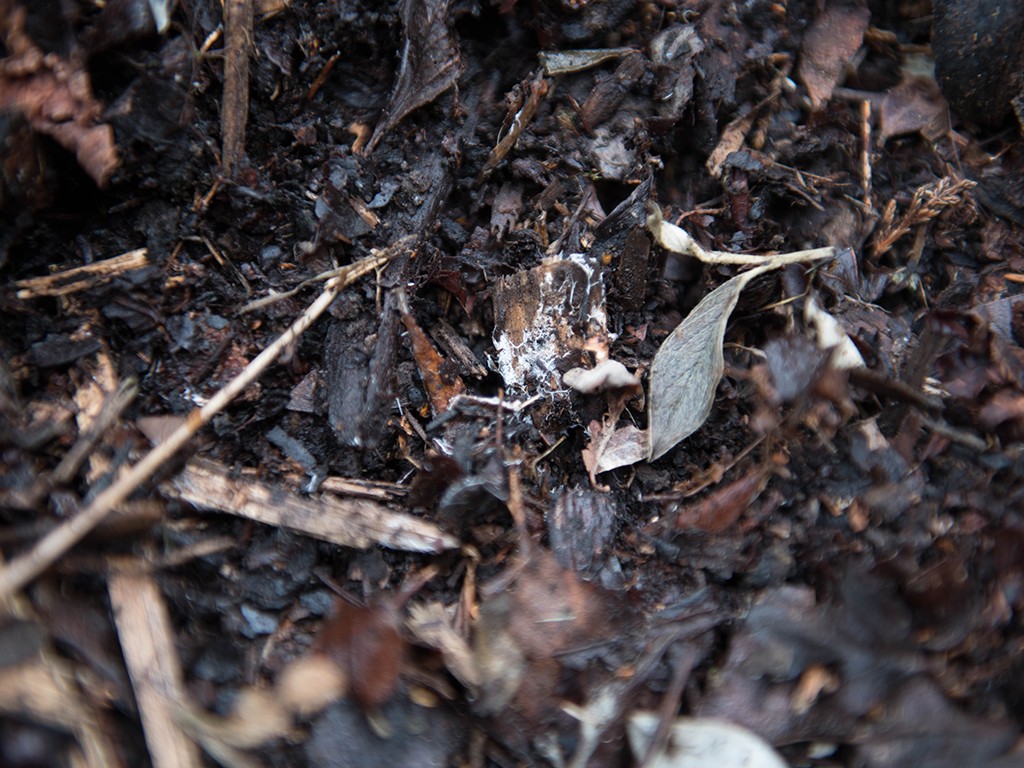
The Benefits of Composting: A Beginner’s Guide to Sustainable Gardening
Gardening is a wonderful activity that helps individuals connect with nature while providing them with fresh produce. However, gardening can also create waste, such as leaves, grass clippings, and food scraps. Composting is a process that can turn this waste into nutrient-rich soil for your garden, while also reducing the amount of waste that ends up in landfills. In this beginner’s guide to composting, we will discuss the benefits of composting and how to get started.
Benefits of Composting
1. Reduces Waste
Composting is an effective way to reduce the amount of waste that ends up in landfills. When organic waste is sent to landfills, it decomposes and produces methane, a greenhouse gas that contributes to climate change. Composting reduces the amount of organic waste that is sent to landfills, thereby reducing the production of methane gas.
2. Improves Soil Quality
Composting creates nutrient-rich soil that is beneficial for plants. The compost is a natural fertilizer that improves soil structure, enhances soil fertility, and promotes healthy root development. It also improves the ability of soil to retain moisture, which reduces the need for watering plants.
3. Saves Money
Composting is a cost-effective way to provide nutrient-rich soil for your garden. It reduces the need for commercial fertilizers and soil amendments, which can be expensive. Additionally, it reduces the amount of waste that needs to be disposed of, which can save money on waste disposal fees.
4. Reduces Carbon Footprint
Composting reduces your carbon footprint by reducing the amount of waste that ends up in landfills. It also reduces the need for commercial fertilizers and soil amendments, which are often produced using fossil fuels. By composting, you are reducing the amount of greenhouse gas emissions that are associated with the production and transportation of these products.
5. Supports Biodiversity
Composting supports biodiversity by promoting healthy soil ecosystems. Soil organisms, such as bacteria, fungi, and insects, play a crucial role in maintaining soil health. Composting provides a habitat for these organisms, which in turn support healthy plant growth.
How to Get Started with Composting
1. Choose a Composting Method
There are several methods of composting, including hot composting, cold composting, and vermicomposting. Hot composting involves creating a large pile of organic material that heats up as it decomposes. Cold composting involves adding organic material to a compost bin or pile and allowing it to decompose over time. Vermicomposting involves using worms to break down organic material.
2. Gather Materials
To start composting, you will need a mix of brown materials, such as dry leaves or straw, and green materials, such as food scraps or grass clippings. You will also need a compost bin or pile, as well as a pitchfork or shovel for turning the compost.
3. Layer Materials
To create a compost pile, start by adding a layer of brown material, followed by a layer of green material. Continue layering until the pile is about 3 feet high.
4. Turn the Compost
To speed up the composting process, it’s important to turn the compost regularly. Use a pitchfork or shovel to mix the compost and add oxygen to the pile. This will help to break down the materials more quickly.
5. Use Compost
Once the compost has decomposed, it can be used in your garden as a natural fertilizer. Spread the compost around your plants and mix it into the soil to improve soil quality.
Conclusion
Composting is an easy and effective way to reduce the amount of waste that ends up in landfills while providing nutrient-rich soil for your garden. By composting, you are supporting a sustainable gardening practice that benefits both the environment and your plants. Whether you are a beginner or an experienced gardener, composting is a simple and cost-effective way to improve the health of your garden.
FAQs
Do I need any special equipment to compost?
Can I compost all types of food scraps?
How long does it take for compost to be ready?
Can I compost in the winter?
Can I use compost in potted plants?





